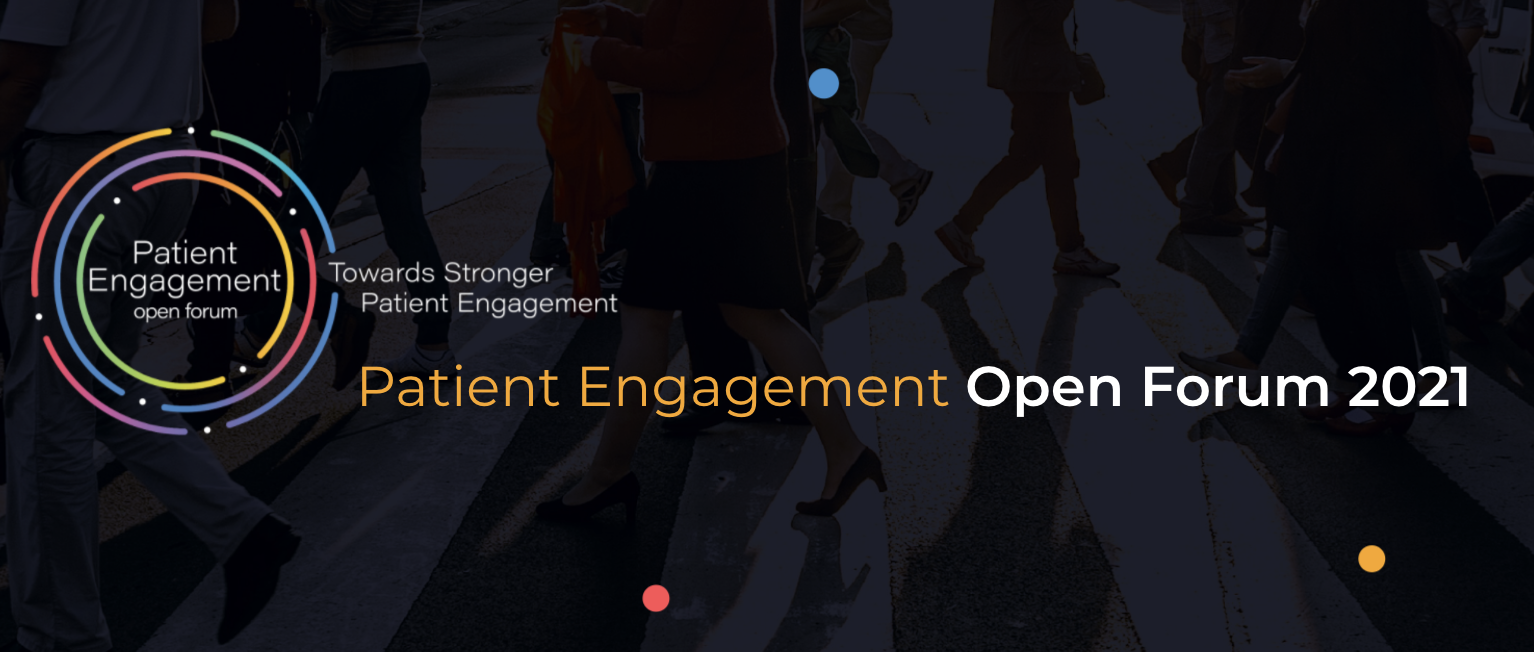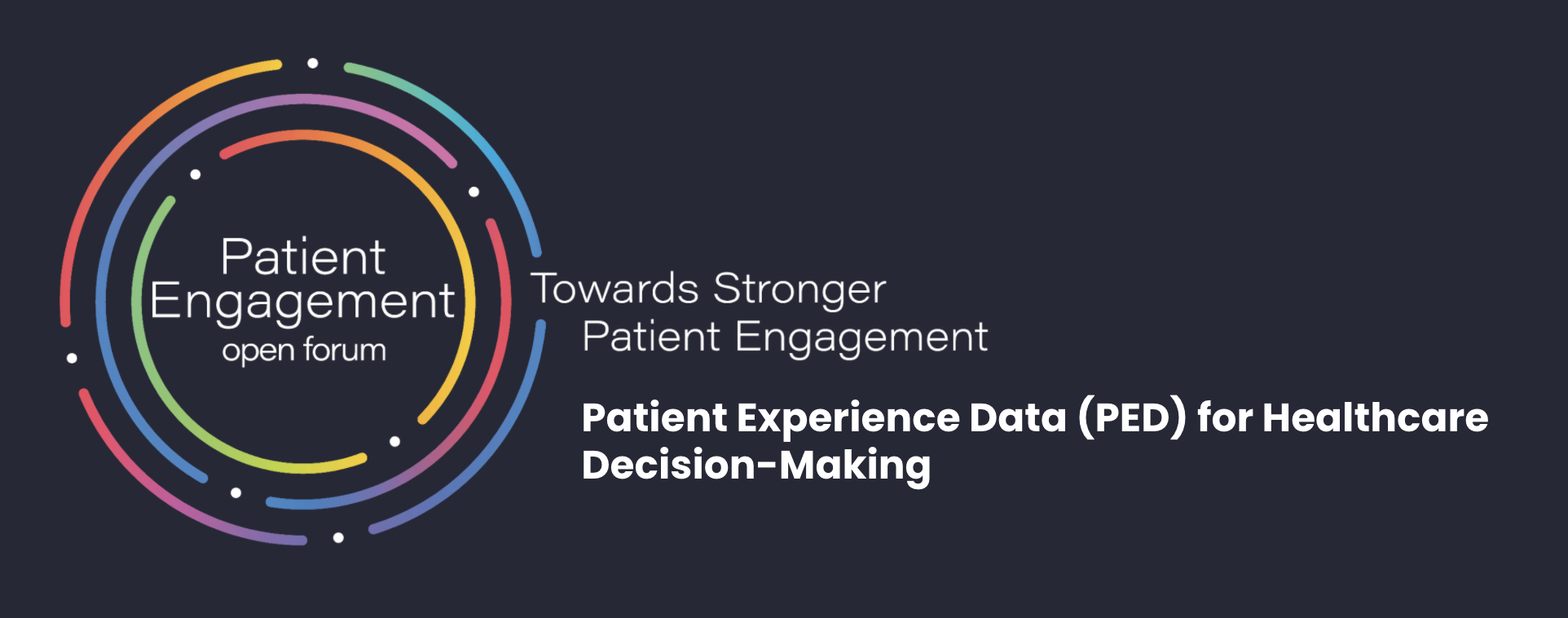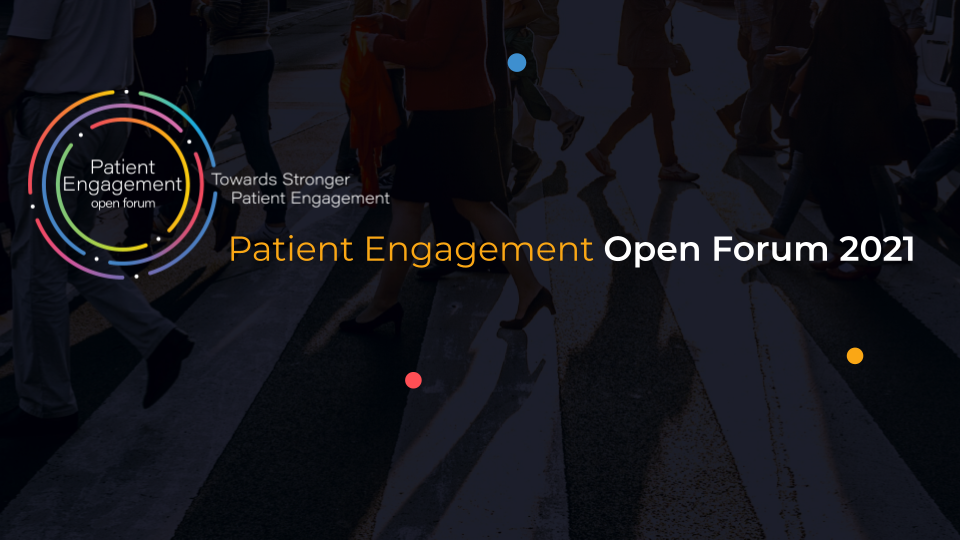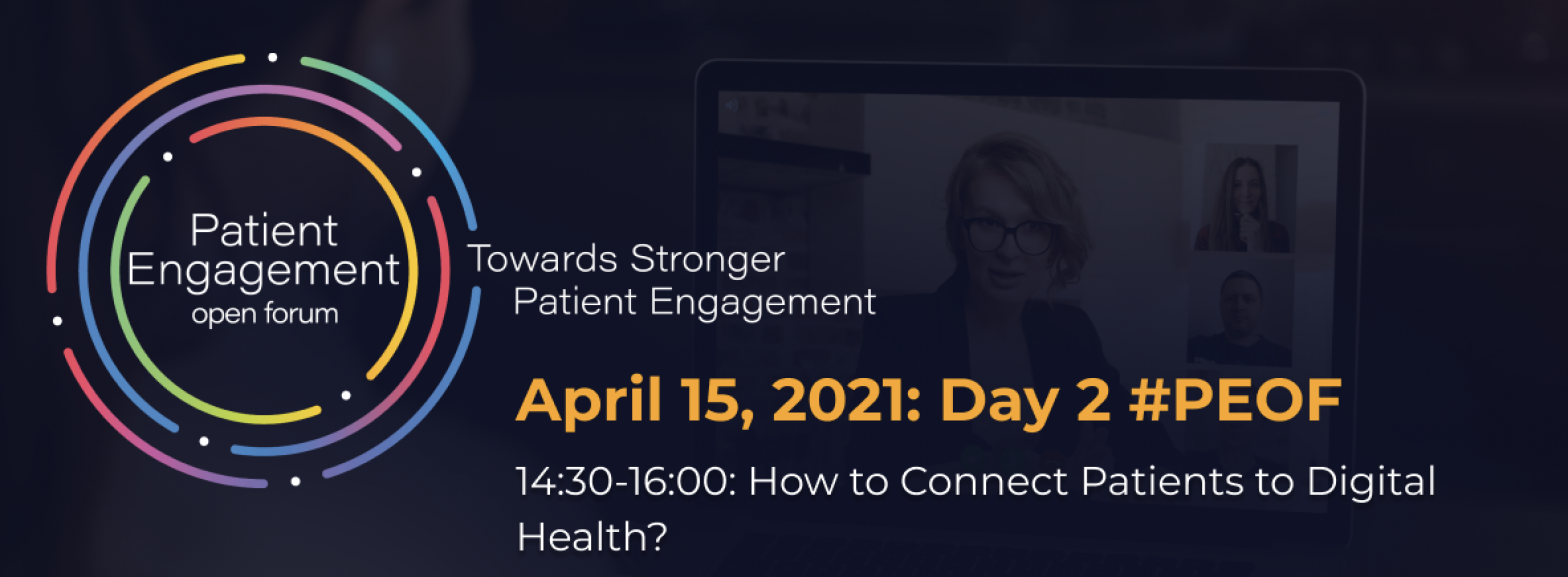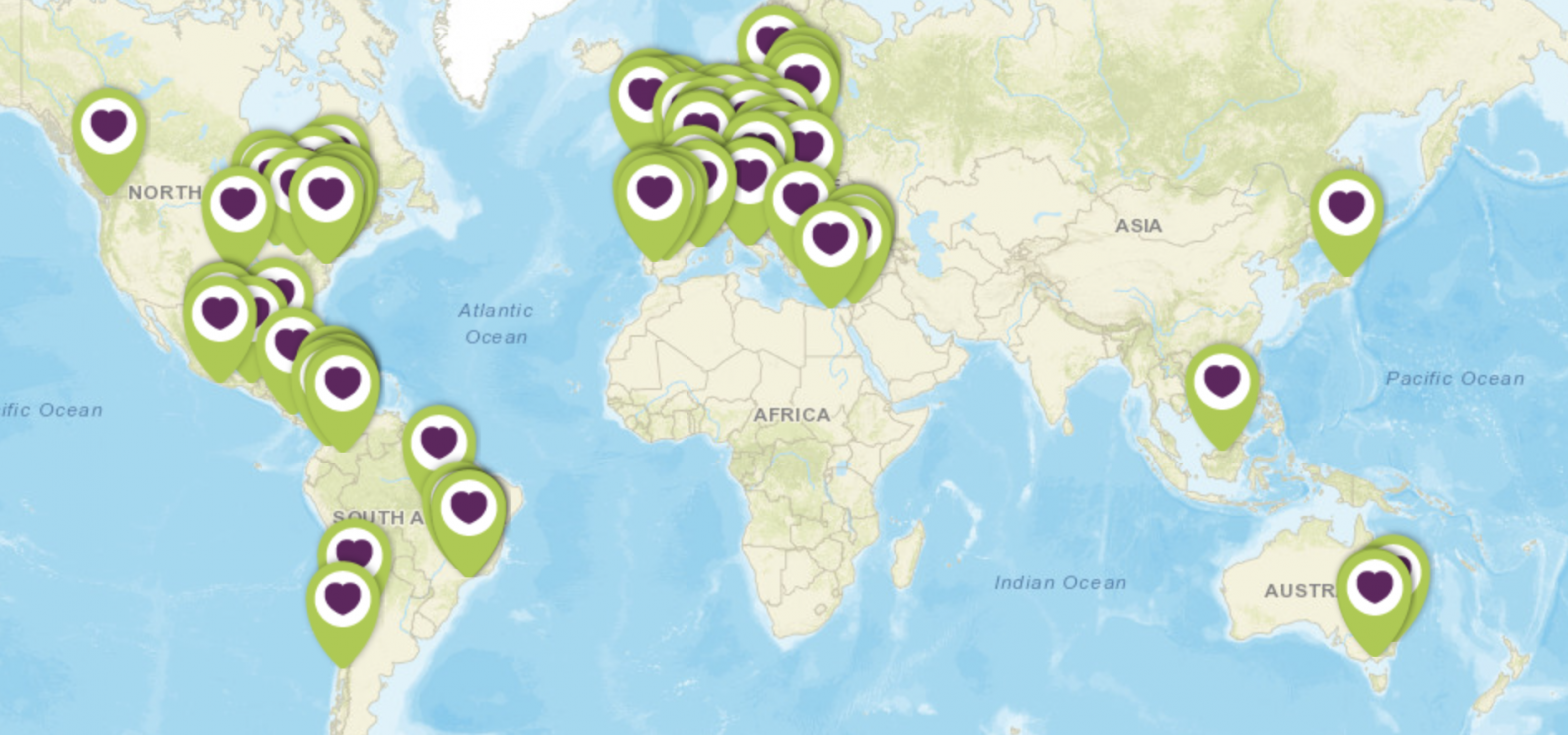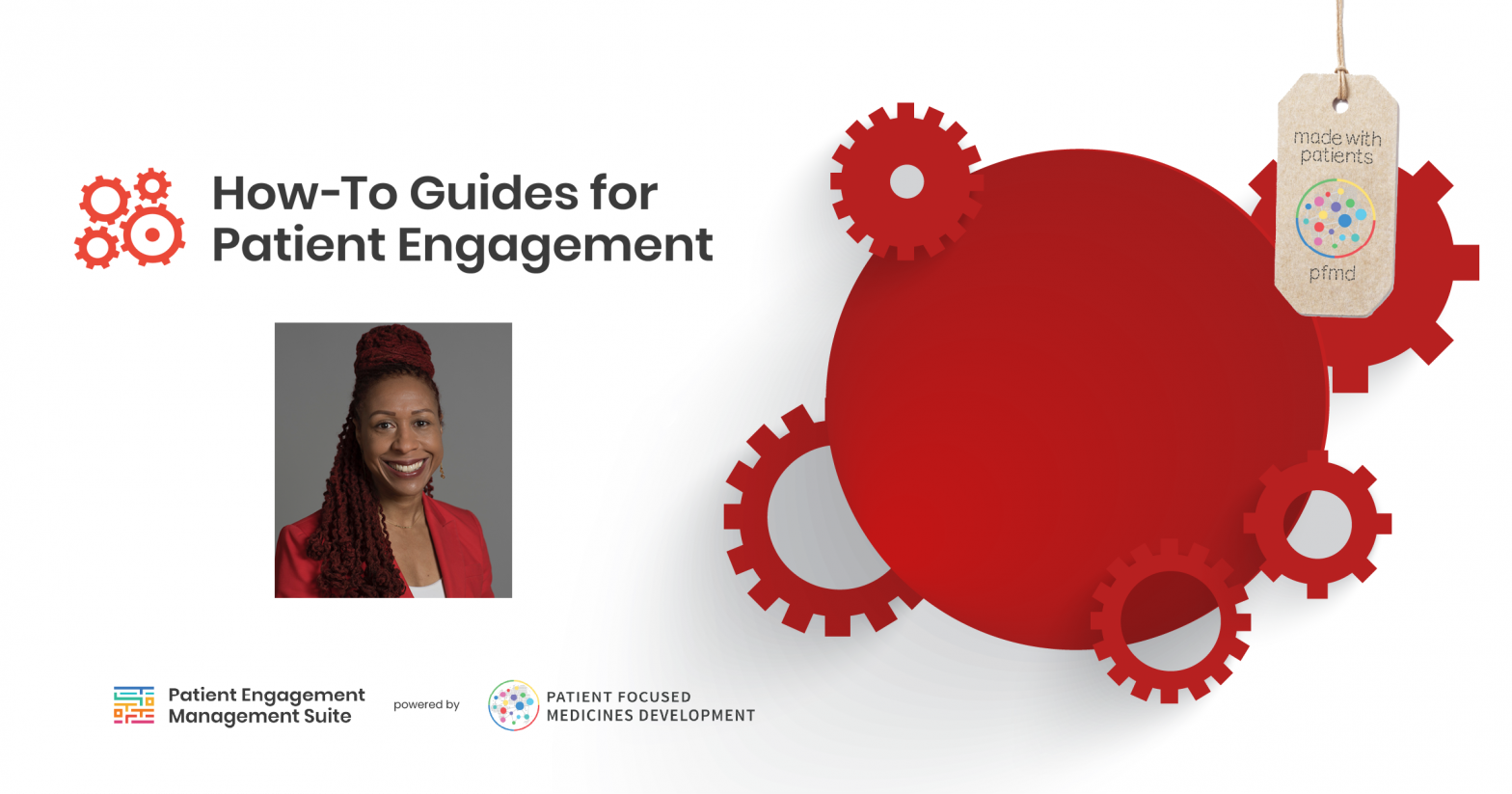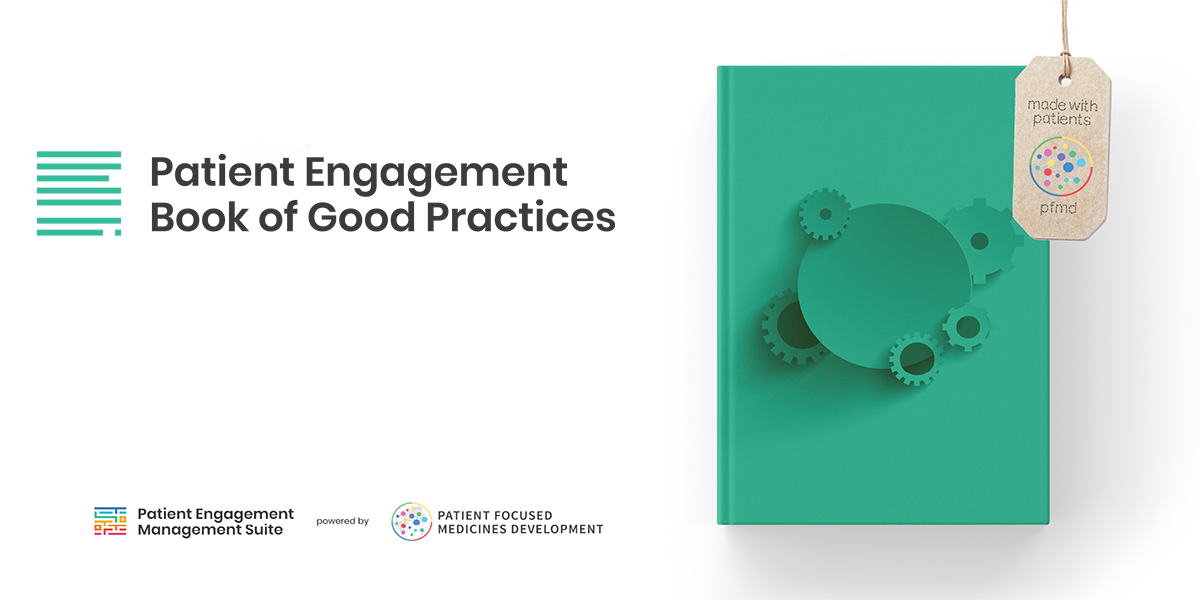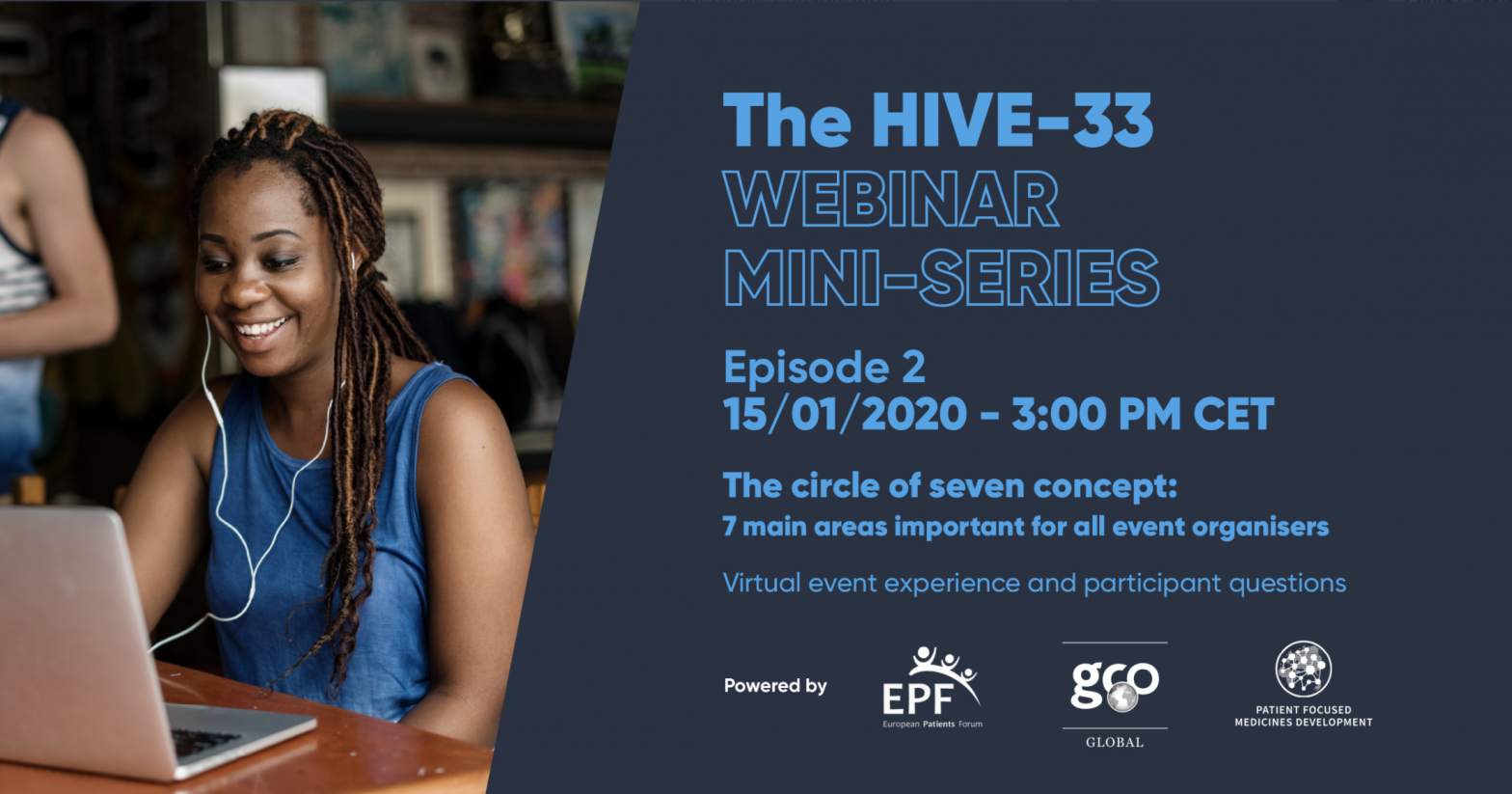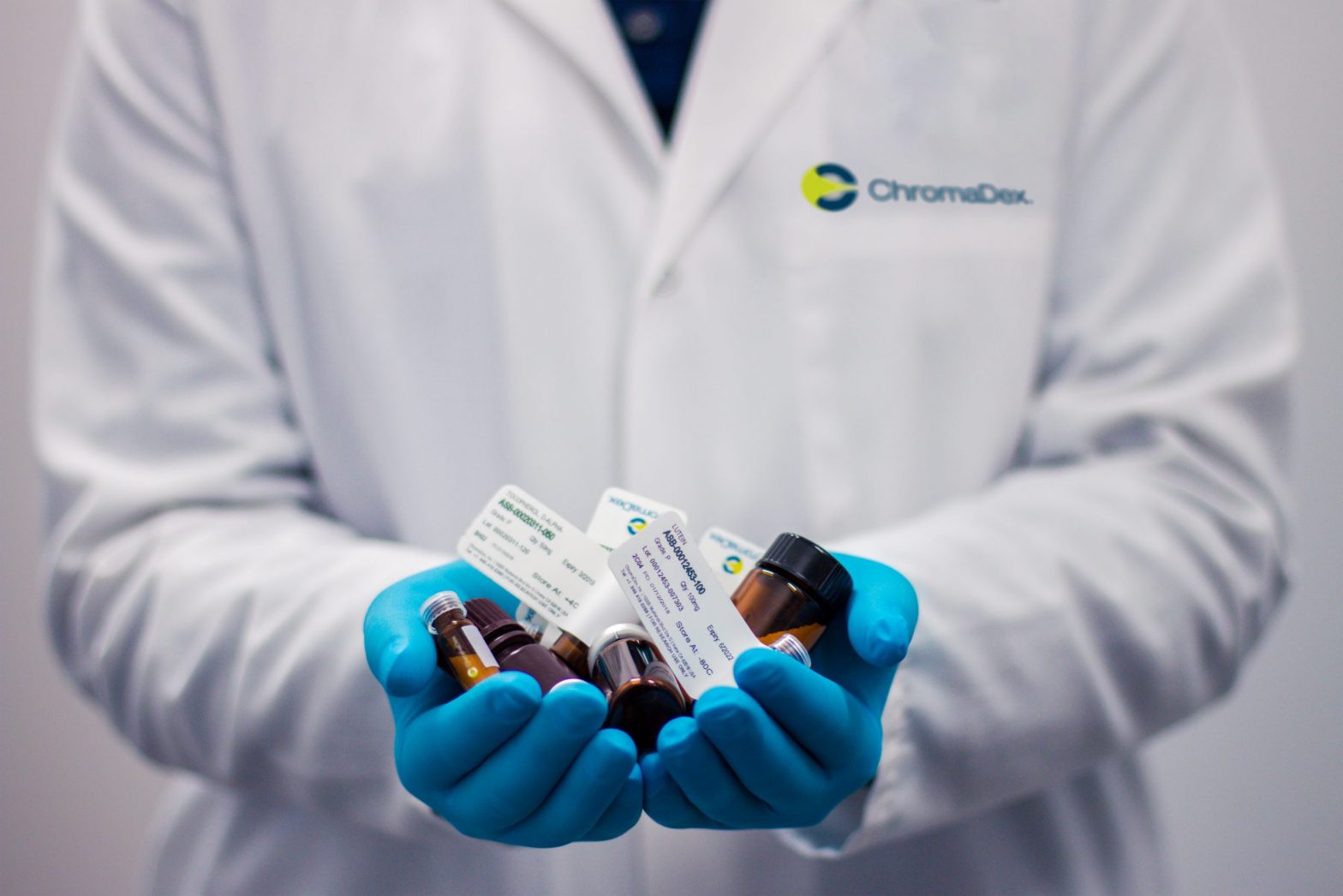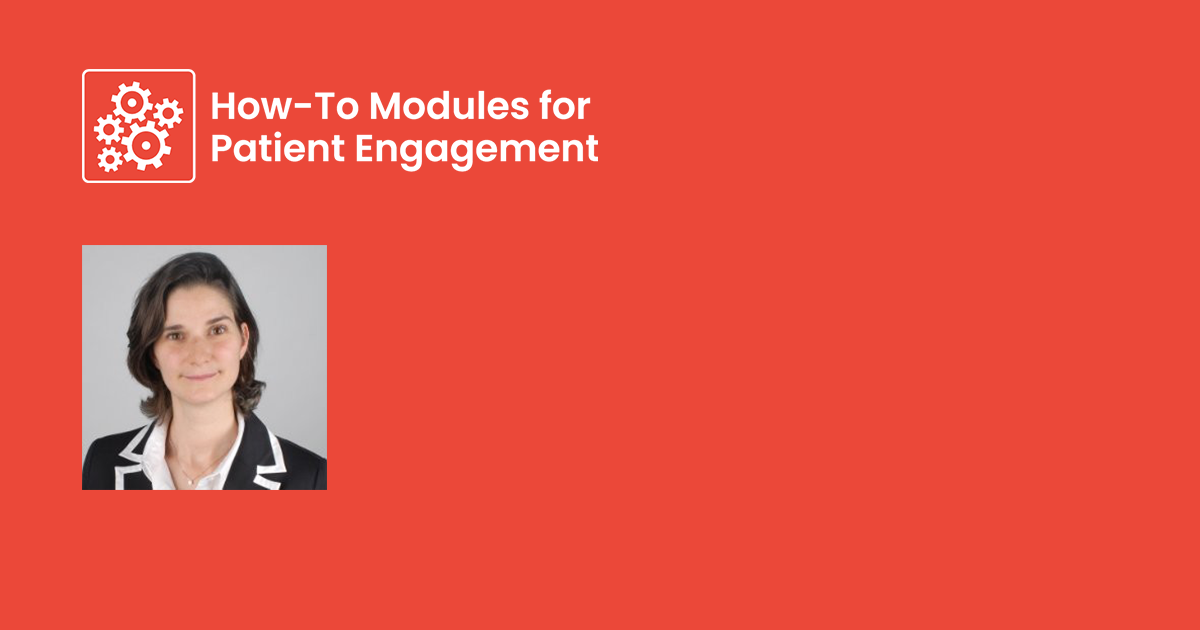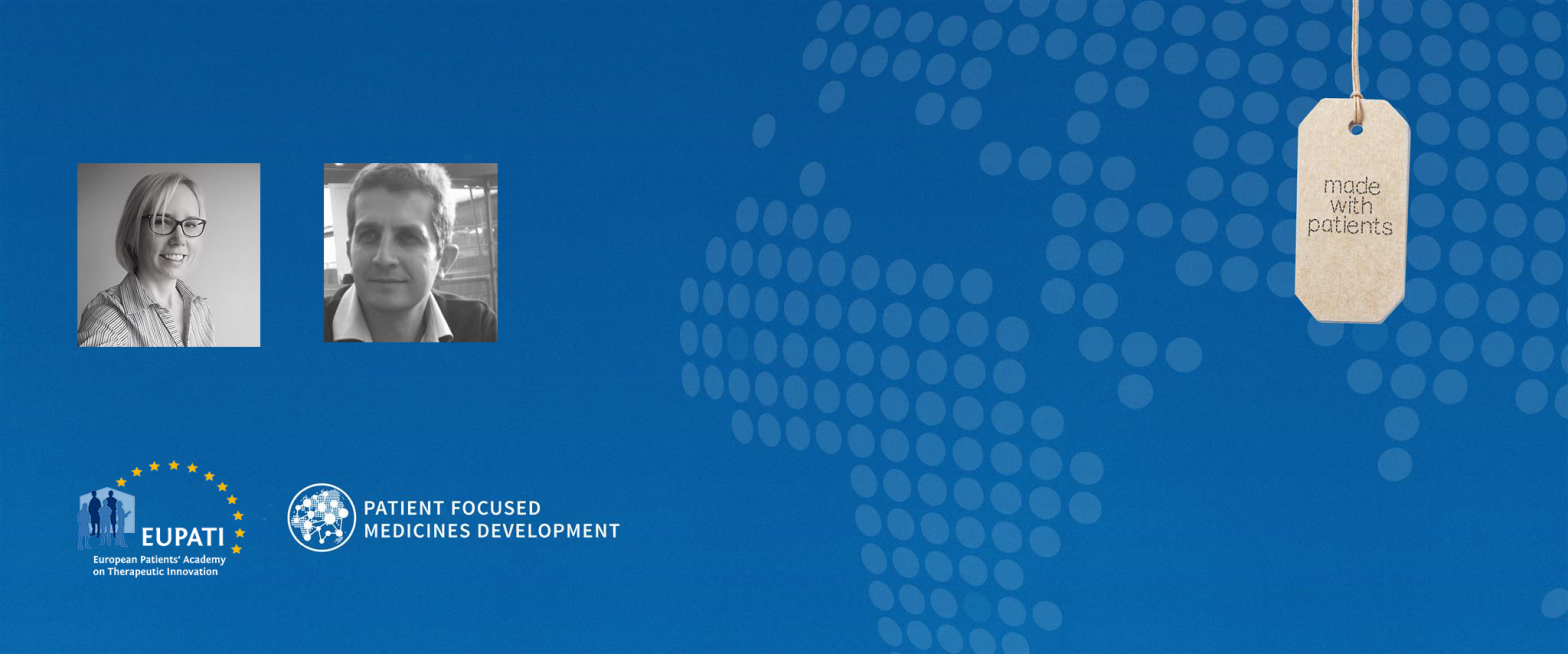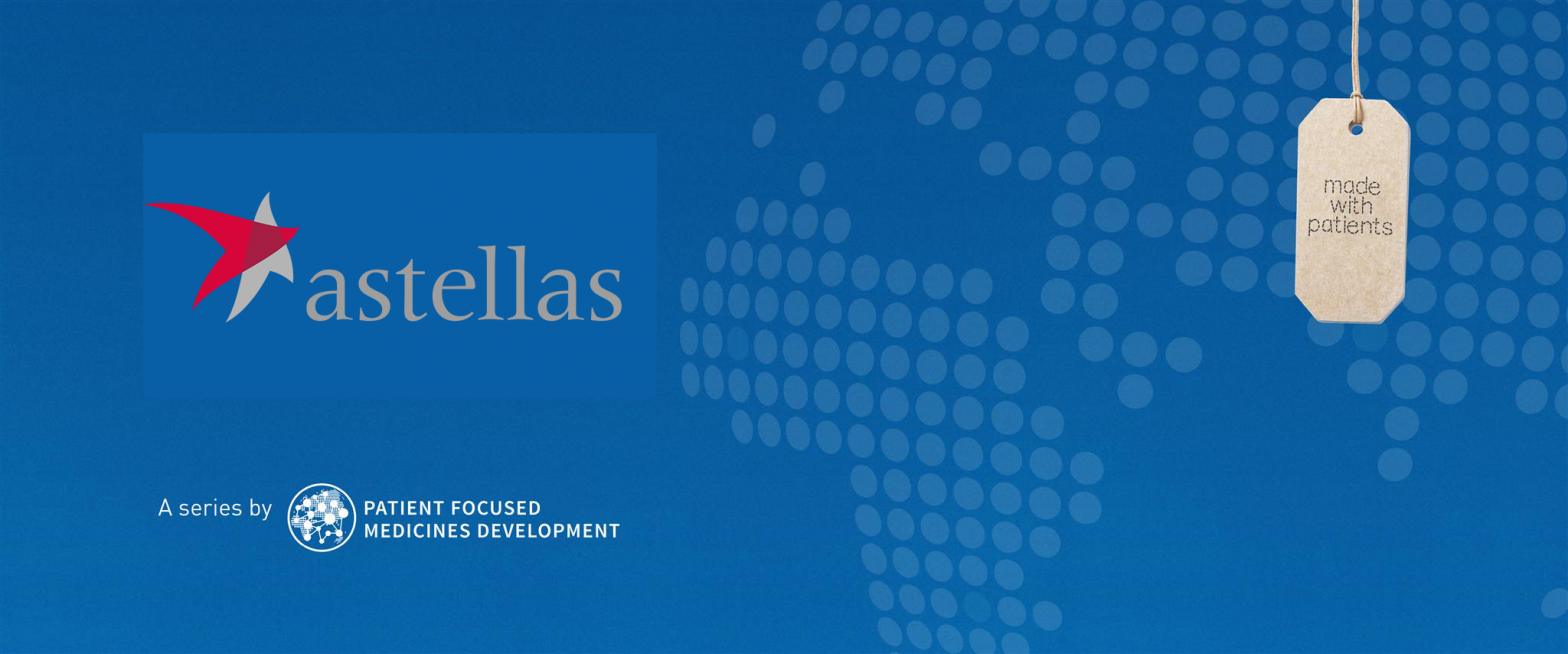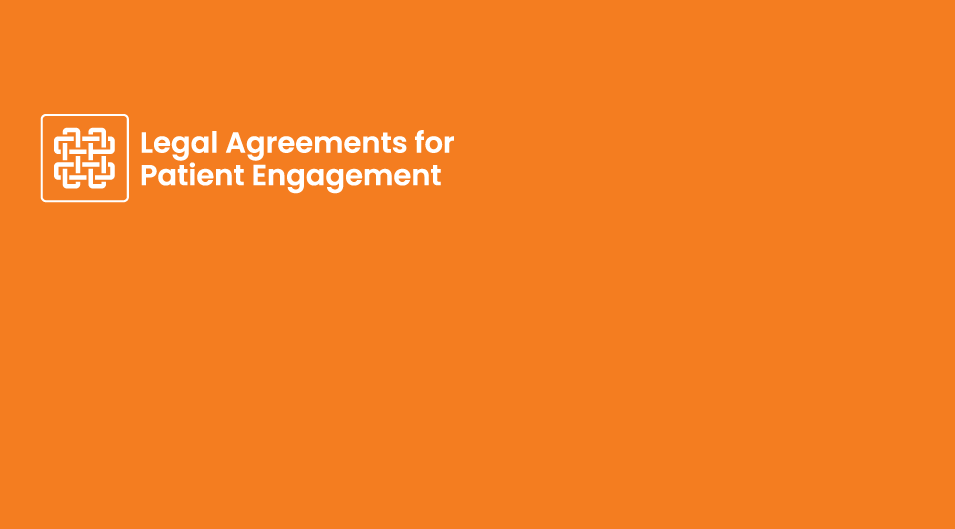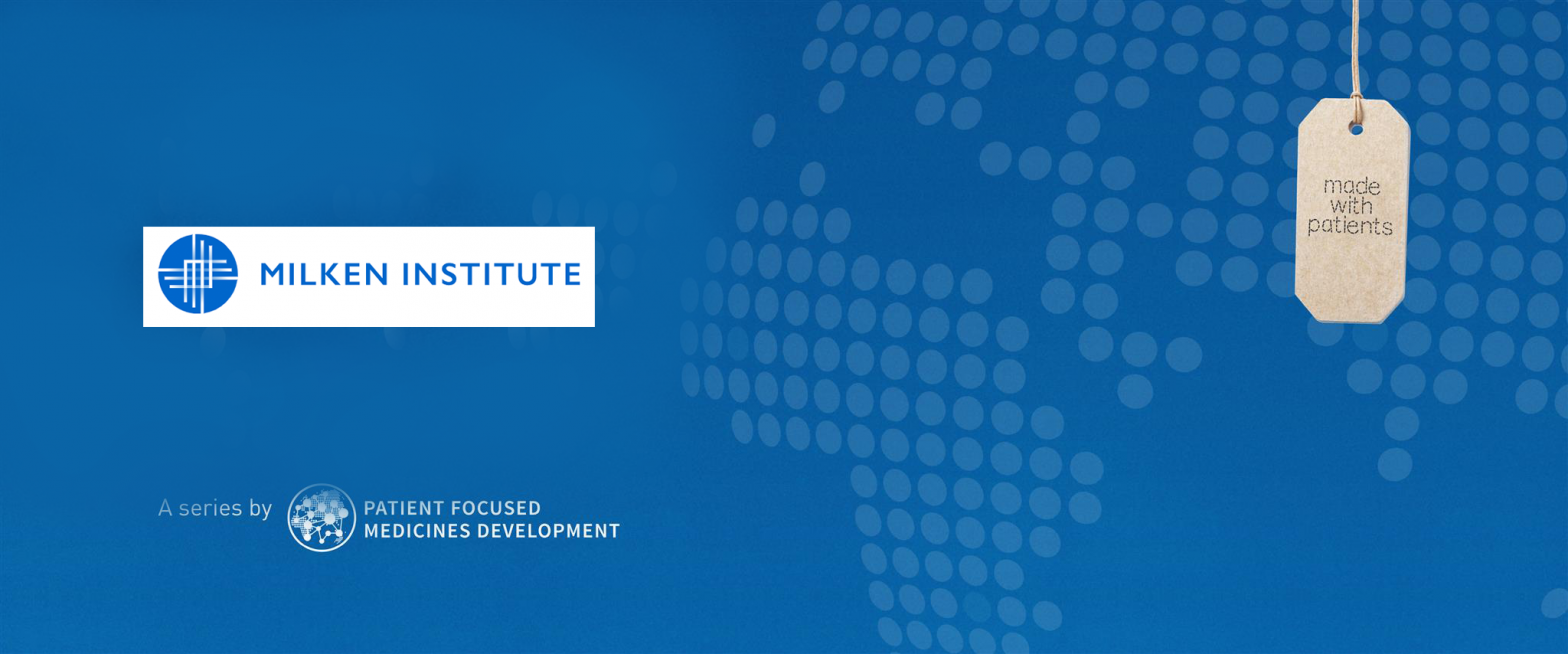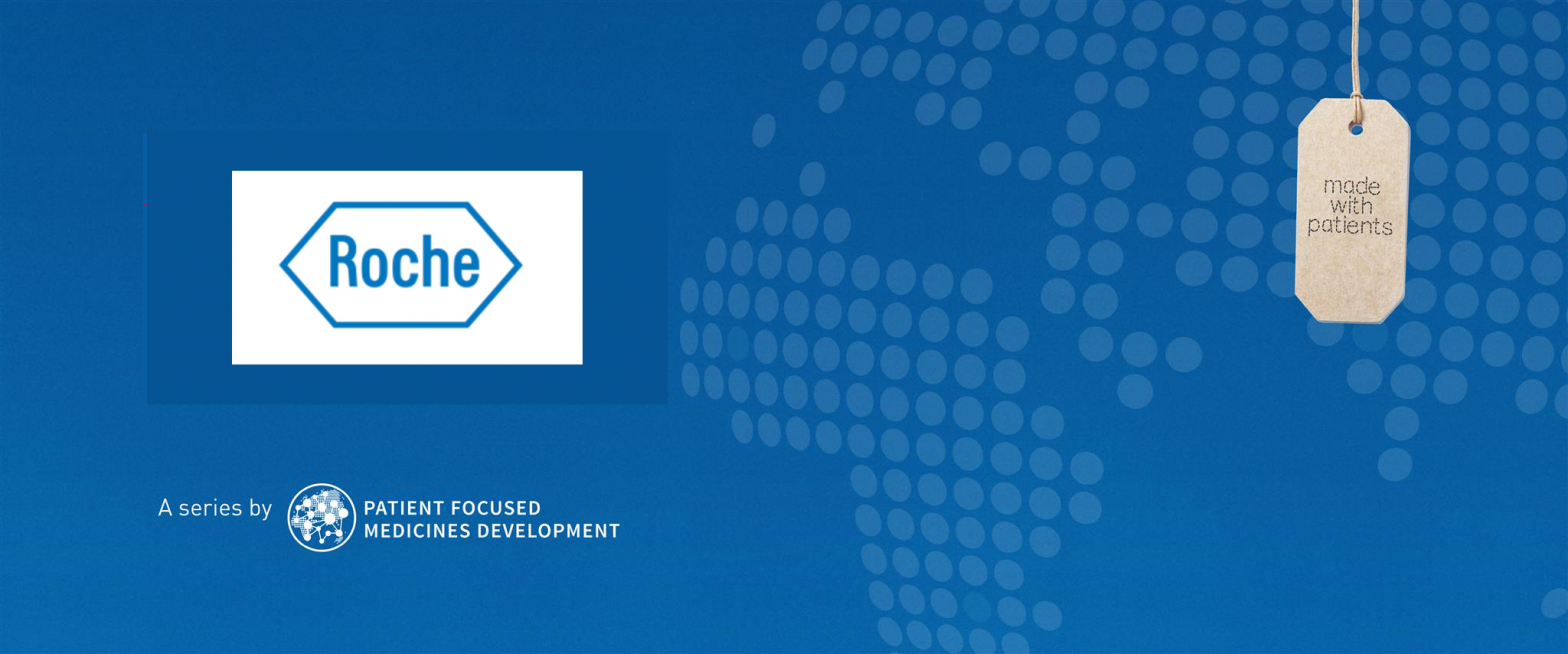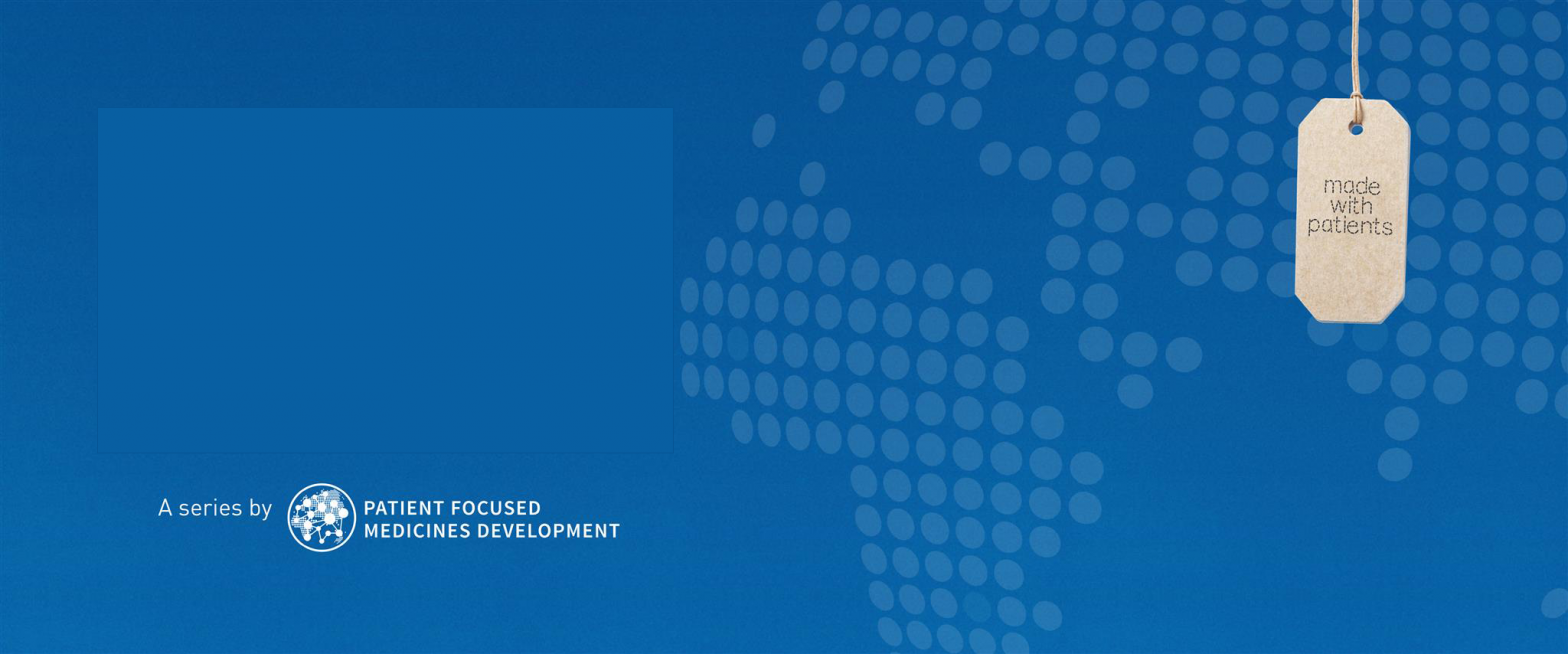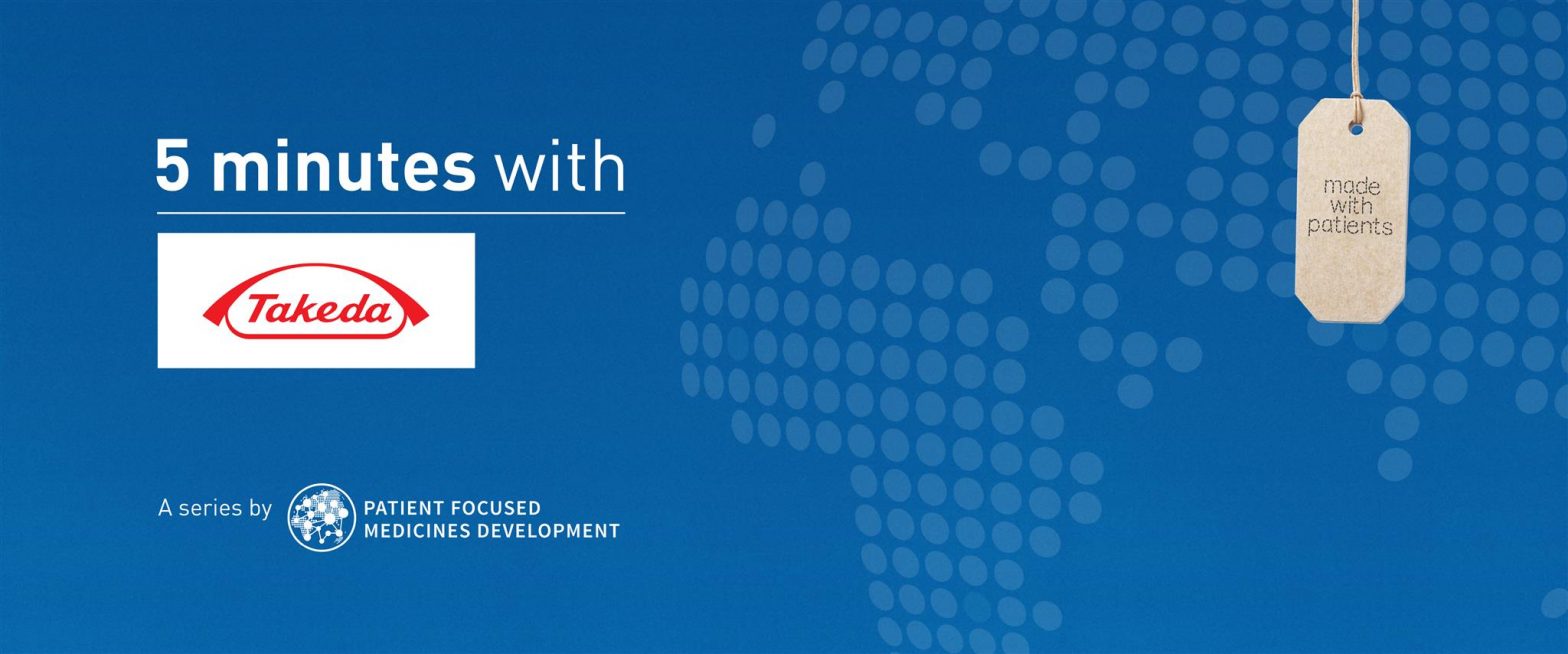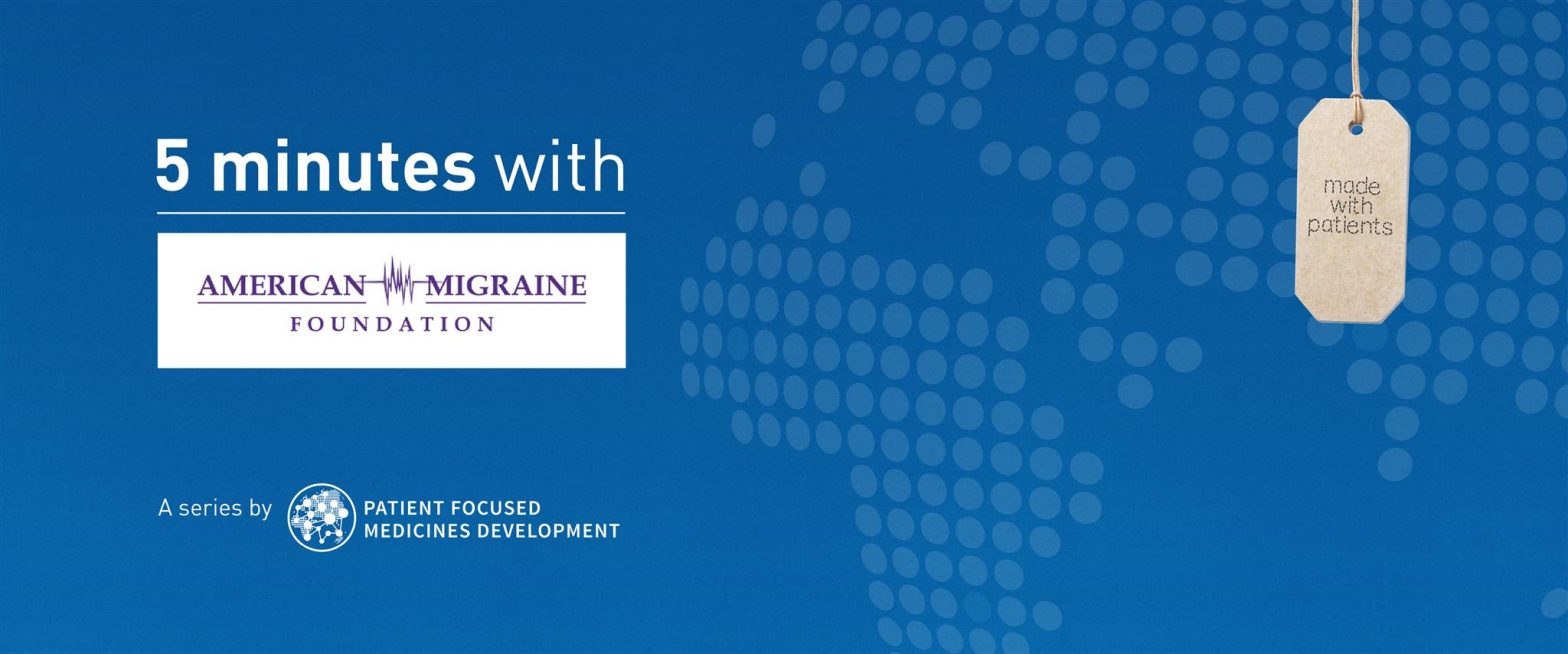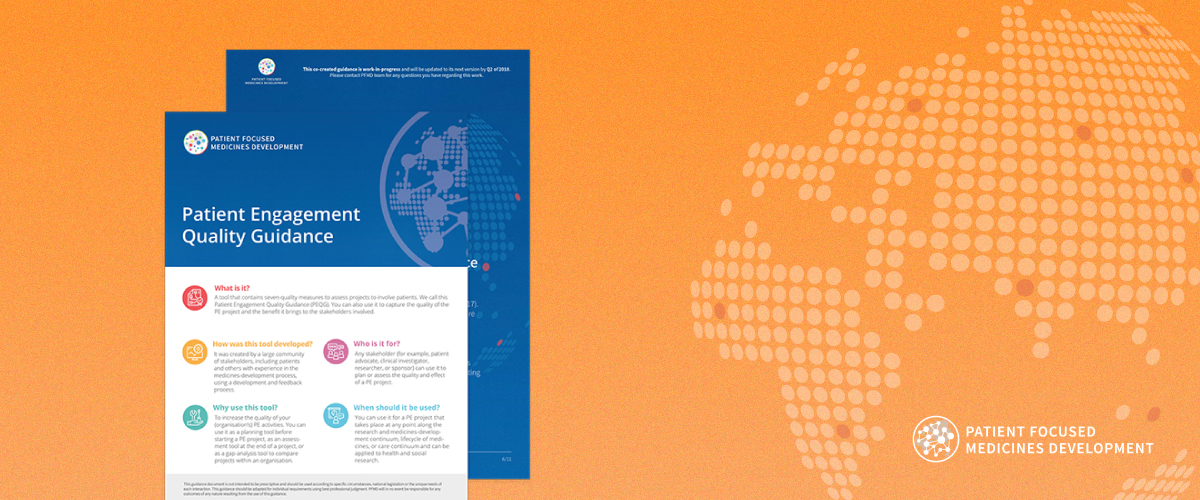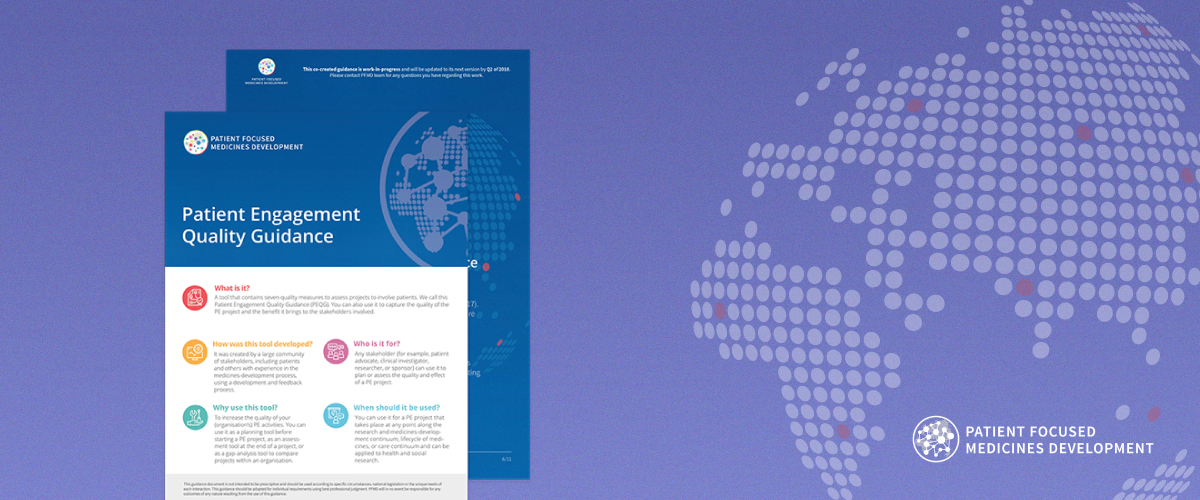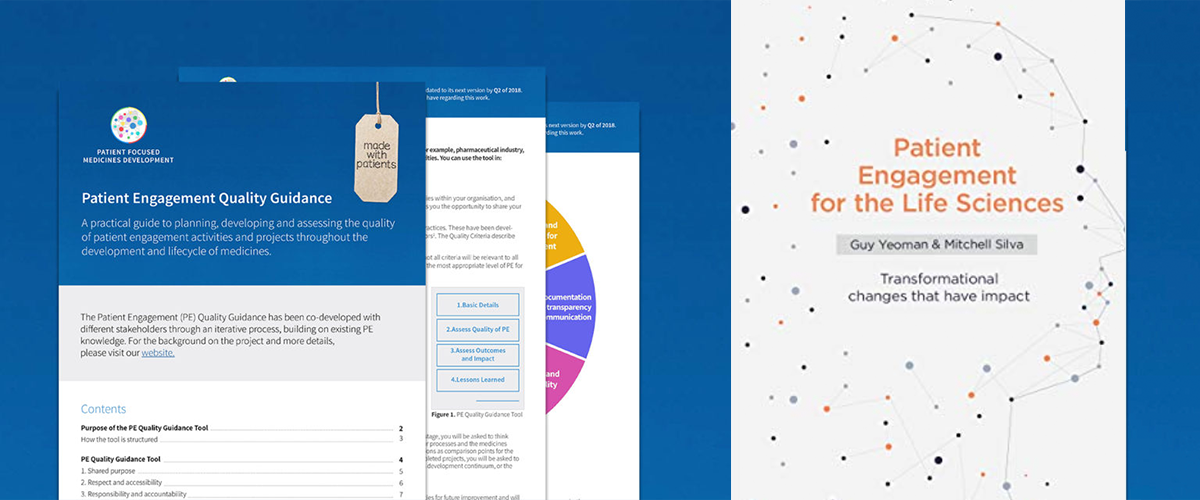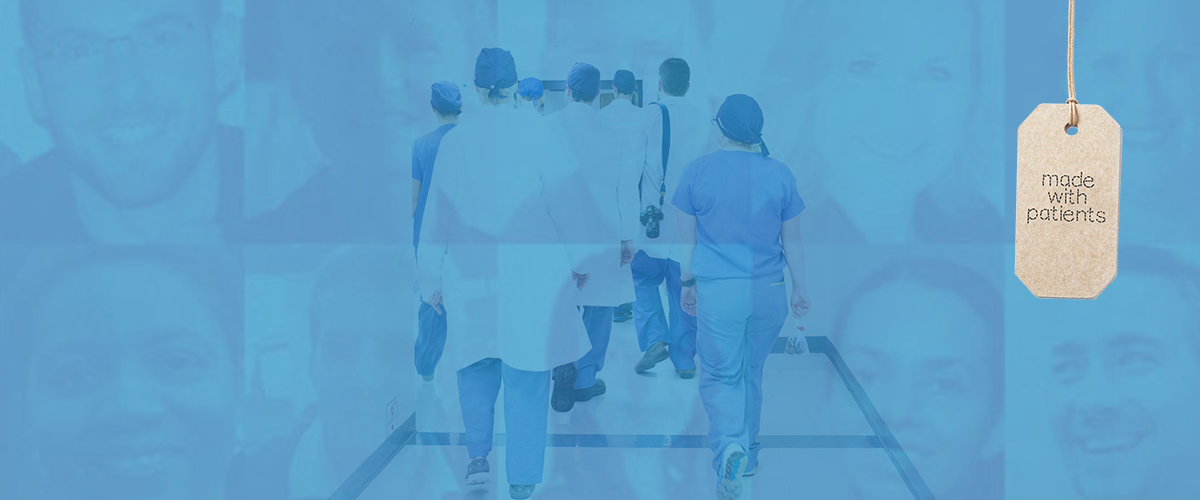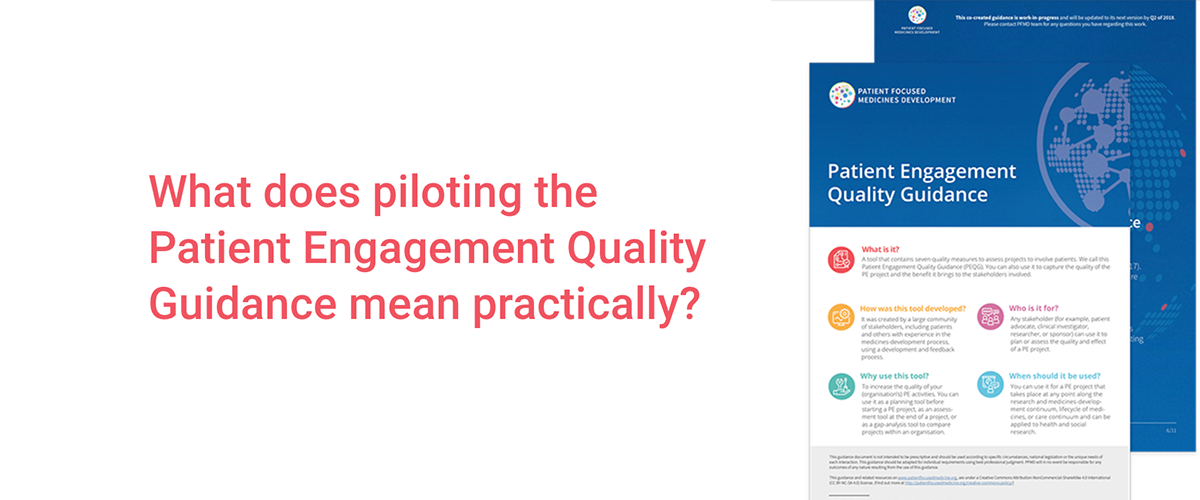The UK’s National Institute for Health and Care Excellence (NICE) is undertaking an exploratory study on how patient preferences could be captured and included in Health Technology Assessments (HTA).
Funded by a £120,000 health services research grant from UK charity Myeloma UK, the study aims to improve the way patient perspectives are taken into consideration and used to inform decisions about the availability of new treatments.
Decisions by HTA bodies such as NICE have a large impact in determining which treatments patients and their clinicians have access to. However, there is no agreement about how best to use patient’s perspectives with other types of evidence calculated in the cost of new treatments.
The study will analyse the best methods in capturing information about patient preferences relating to their condition and treatments. It will be undertaken in consultation with patient groups, experts and other leading HTA bodies across the world.
Myeloma UK Health Services Research Manager Sarah Richard said: “we are pleased to be working in partnership with NICE on this innovative study. Looking at how new methodologies can enhance the role of patient perspectives in the HTA process is an under-researched but critically important area.
“HTA bodies need robust evidence on the perspectives of patients in the evidence they consider. This research study takes an innovative and forward-looking approach to establish best practice in the field of patient-centred decision-making. It could have a very tangible impact across the healthcare system.”
The research will be led by Professor Sarah Garner, associate director of NICE Science Policy and Research Programme.
Garner adds: “we have always strived to understand what matters most to patients when we are assessing treatments for them. For example, preferences for trade-off between potential benefits and side effects, on how treatments are administered and what matters to patients in terms of potential impact on their daily lives. We now want to explore whether we can quantitatively capture patients’ preferences so they can be incorporated alongside other data in decision-modelling.”










